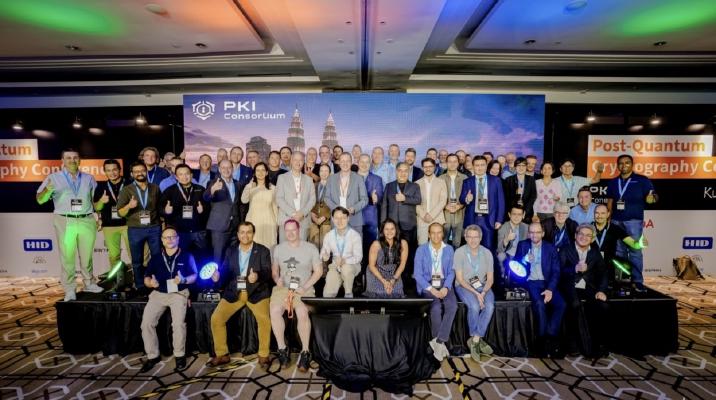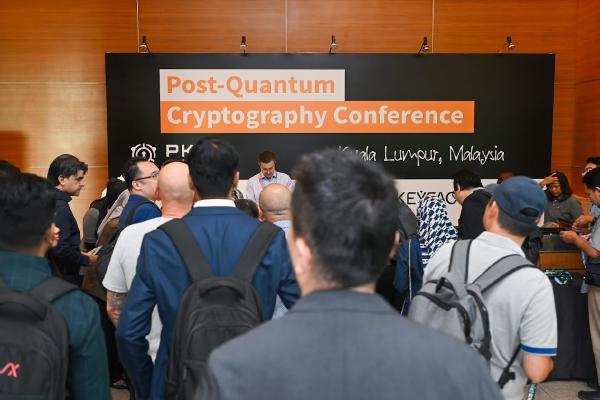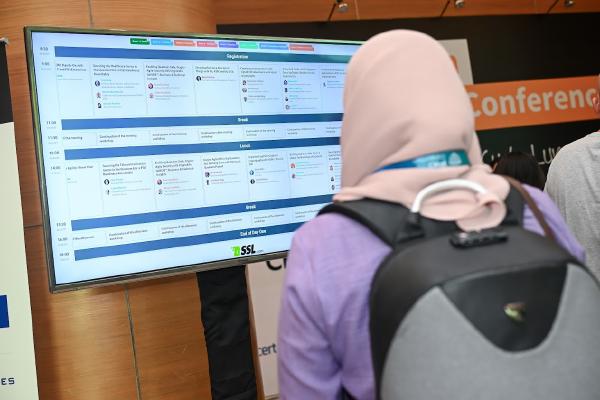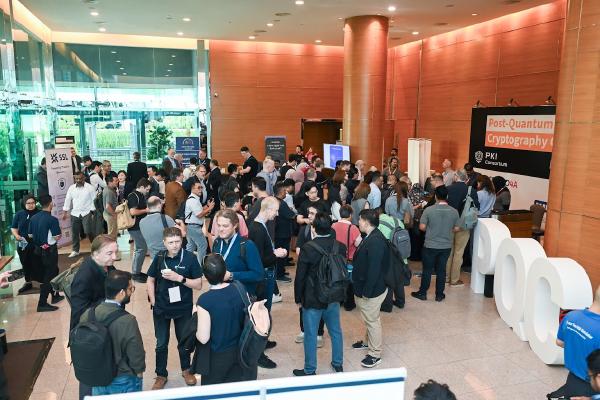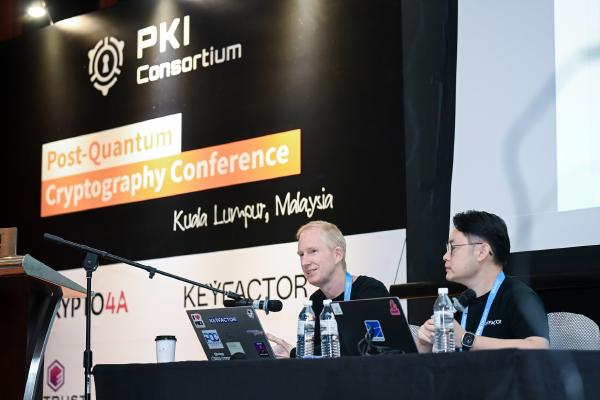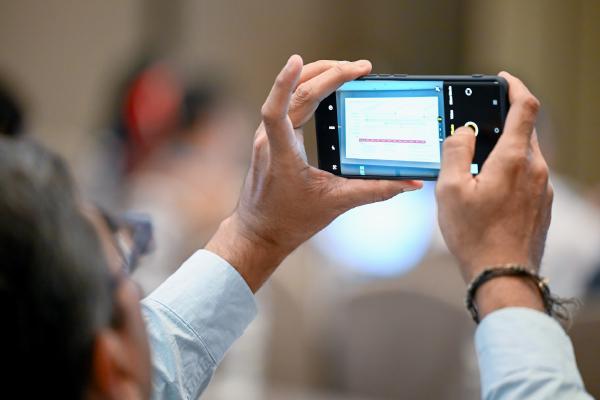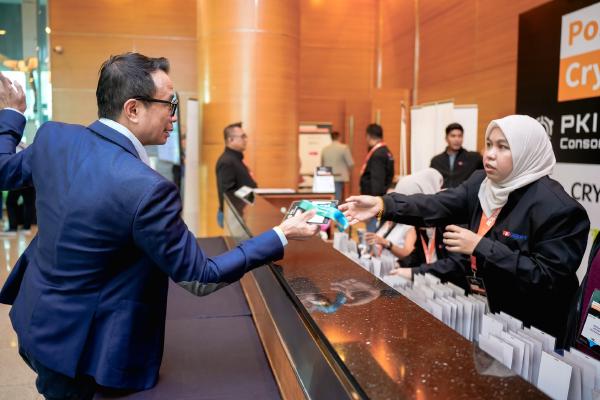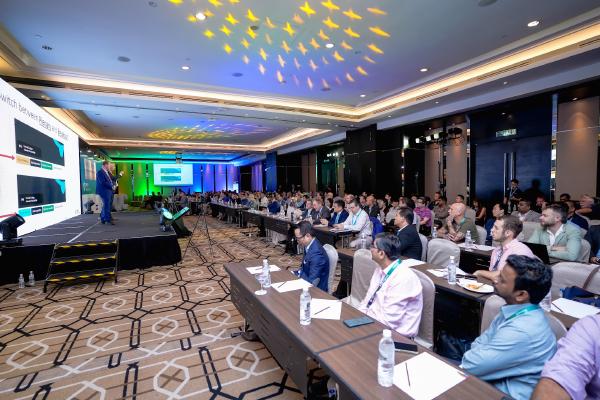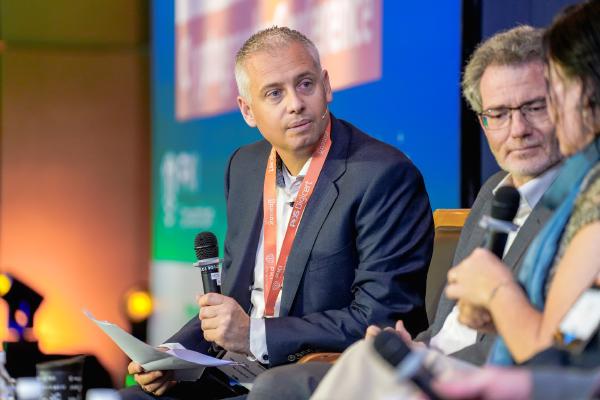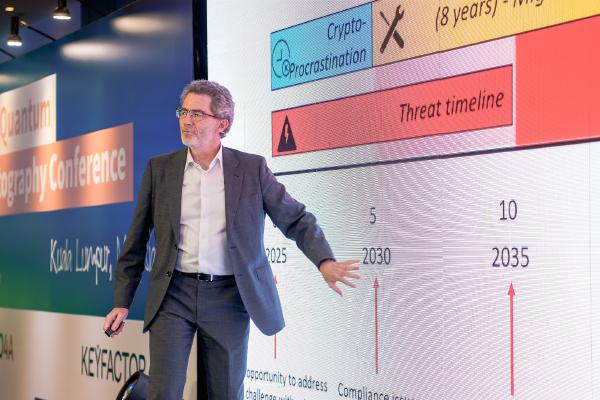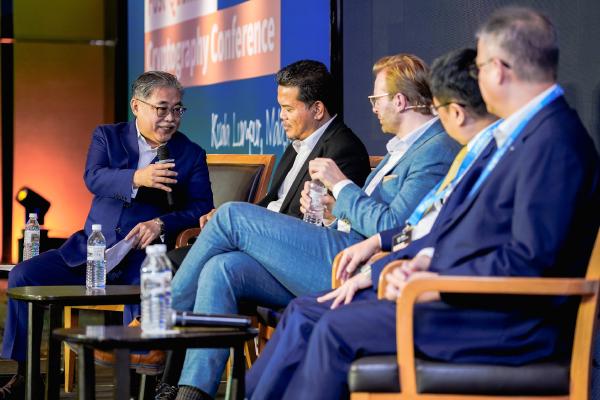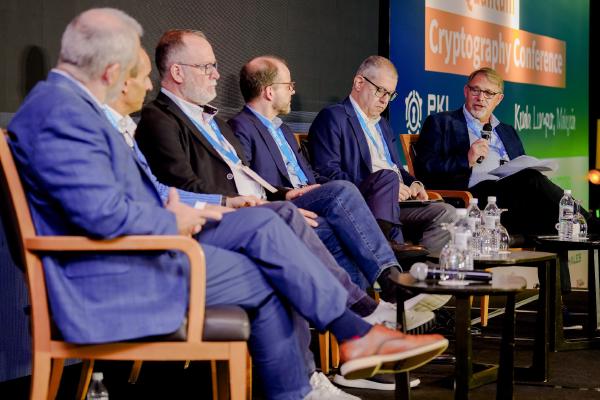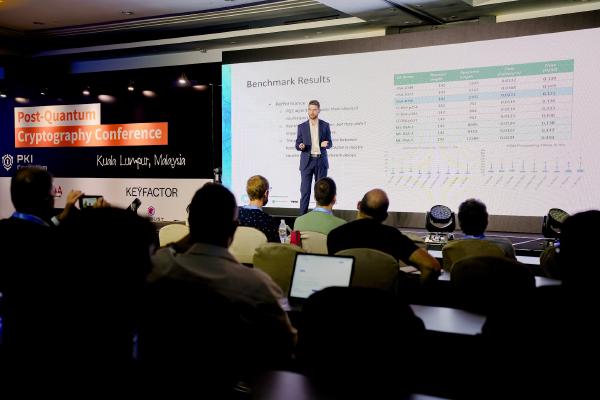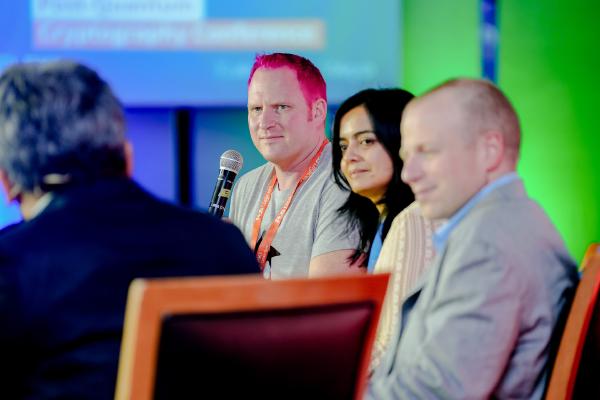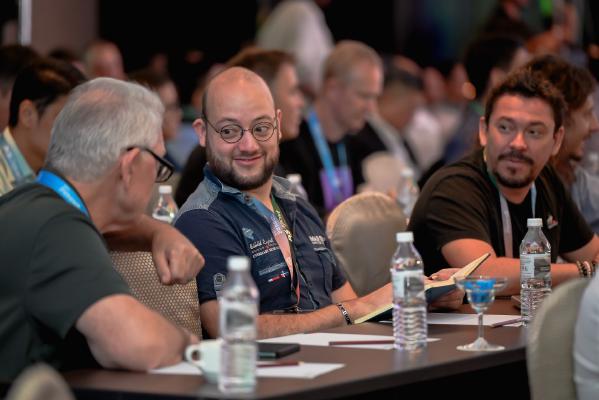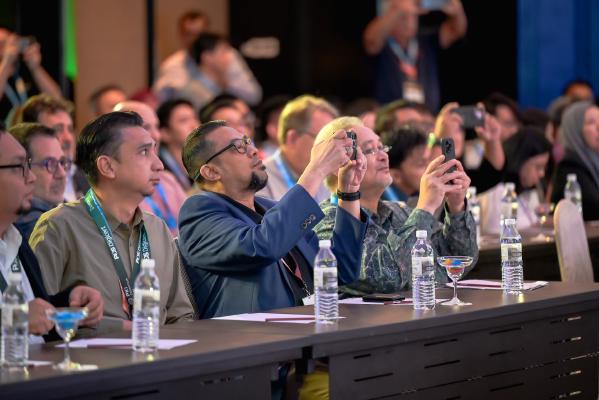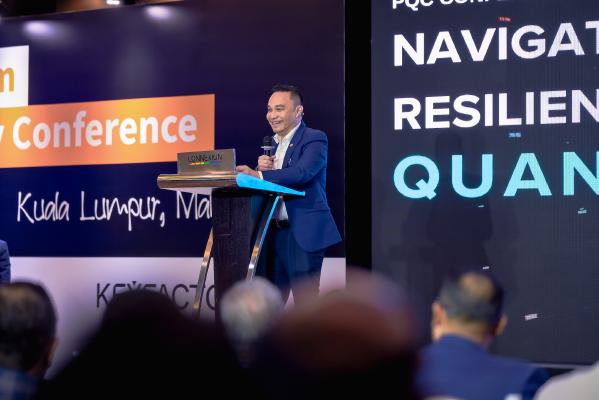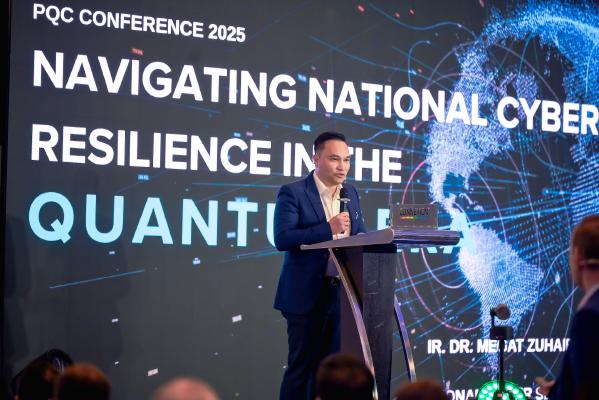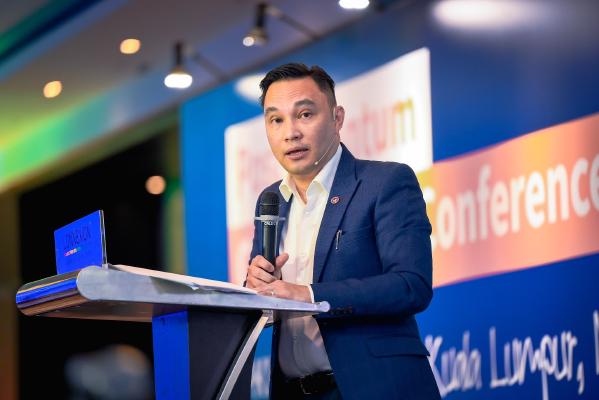Kuala Lumpur, 3 November 2025 — The world’s largest dedicated gathering on post-quantum cryptography, the Post-Quantum Cryptography Conference 2025, concluded in Kuala Lumpur with a resounding global message:
The time to act is now to safeguard the world’s digital economy before quantum computers render today’s encryption obsolete.
Organised by the Public Key Infrastructure (PKI) Consortium, the three-day summit (28-30 October) convened over 2,500 delegates from more than 30 countries, uniting global leaders from government, industry, and academia to accelerate the transition toward quantum-secure cryptography.
A Turning Point for Global Cybersecurity
Every aspect of modern life, from financial systems and national defense to healthcare and transportation relies on encryption. Yet experts warn that quantum computing breakthroughs could soon compromise these protections within minutes, exposing vast stores of data and critical infrastructure to unprecedented risks. Preparing for this post-quantum future will require years of coordinated action, new standards, and system-wide cryptographic migrations. The Kuala Lumpur conference marked a historic step toward that global coordination, signaling the beginning of the world’s collective move toward post-quantum readiness.
Malaysia Takes the Lead in ASEAN Quantum Readiness
Demonstrating its leadership in regional cybersecurity, the Ministry of Digital Malaysia and the National Cyber Security Agency (NACSA) unveiled the National Post-Quantum Cryptography Readiness Roadmap, charting Malaysia’s vision to build a quantum-secure ASEAN. This initiative places Malaysia at the forefront of Southeast Asia’s readiness to meet emerging quantum-era threats, aligning national resilience with international standards and frameworks.
Defining Global Frameworks for Action
The conference marked a pivotal step toward coordinated global readiness, with the PKI Consortium unveiling the Post-Quantum Cryptography Maturity Model (PQCMM), a practical framework to help governments, enterprises, and critical infrastructure operators assess their preparedness and plan their migration to quantum-safe encryption. Workshops and expert-led sessions further equipped participants with actionable strategies for cryptographic agility, migration planning, and protecting high-risk sectors such as healthcare and the Internet of Things (IoT).
This is the moment for organizations around the world to begin, or at least prepare to replace, vulnerable cryptography before quantum computers make today’s data unsafe.
said Paul van Brouwershaven, Chair of the PKI Consortium and its Post-Quantum Cryptography Working Group. Whilst Chris Bailey, Board and Executive Council Chair of the PKI Consortium, added:
We have no choice but to transition quickly and collectively. The alternative is unthinkable. As a non-profit, we are deeply thankful to our sponsors and partners who help keep this platform freely accessible, ensuring awareness reaches as many organisations, governments, and individuals as possible.
What’s Next: From Kuala Lumpur to the World
Following Kuala Lumpur’s success, the next Post-Quantum Cryptography Conference will be held in Germany in 2026, with a stronger focus on sharing practical migration experiences, real-world challenges, and lessons learned from organizations and industries navigating this transition. The PKI Consortium will also continue to strengthen international collaboration through new working groups, cross-sector capacity building, and technical exchanges to accelerate the world’s migration to quantum-secure systems.
Media Contact
Leigh Bailey | Head of Marketing, PKI Consortium
📧 [email protected] | 📱 WhatsApp: +1‑404‑664‑0602
